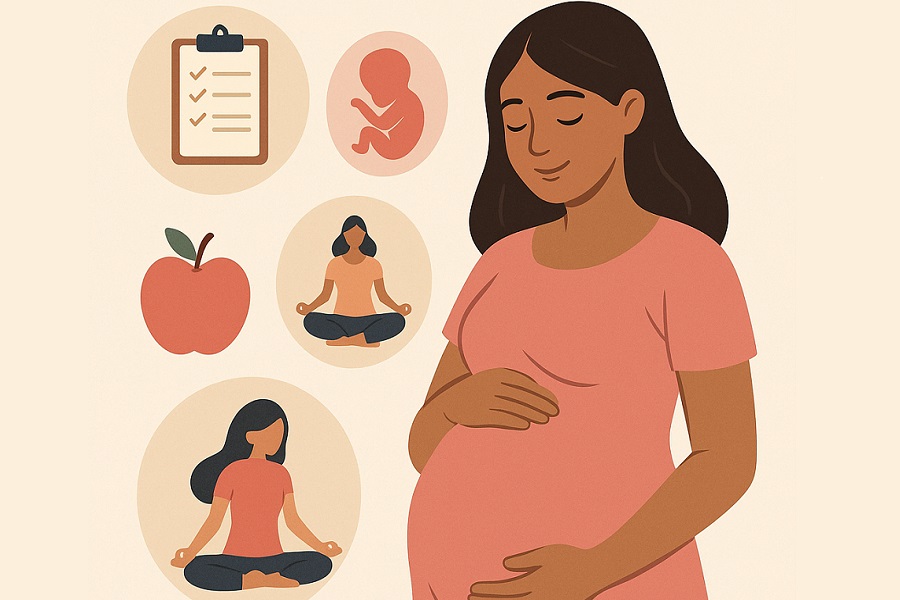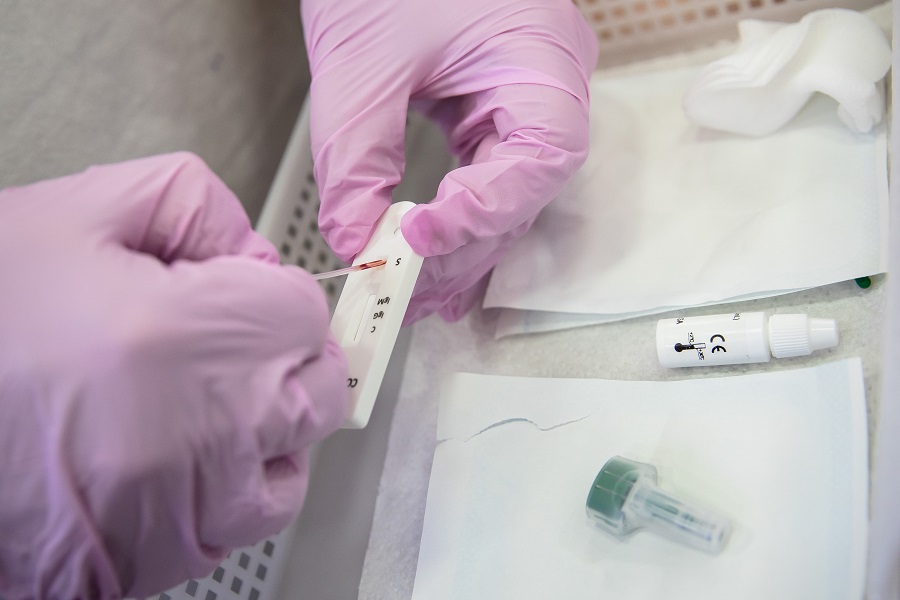Health and Pregnancy: A Guide to Caring for Yourself and Your Baby

Pregnancy is a remarkable journey that brings about many physical, emotional, and psychological changes. Proper care during this period is essential for the well-being of both the mother and the baby. From the moment you find out you’re pregnant, adopting healthy habits and staying informed becomes your top priority.
1. Prenatal Care: The Foundation of a Healthy Pregnancy
Regular prenatal check-ups are crucial. These appointments help track your baby’s development, monitor your health, and identify any potential risks early on. Doctors often schedule visits monthly in the first trimester, biweekly in the second, and weekly in the third.
Key Tests and Screenings:
Blood pressure and sugar level checks
Ultrasounds to monitor fetal growth
Blood tests for iron, Rh factor, and infections
Screening for genetic conditions and abnormalities
2. Nutrition: Fueling a Healthy Pregnancy
Eating a balanced diet rich in essential nutrients supports your baby's growth and boosts your energy. Some key nutrients include:
Folic Acid: Reduces the risk of neural tube defects
Iron: Prevents anemia and promotes oxygen delivery
Calcium & Vitamin D: Strengthen the baby’s bones and teeth
Protein: Supports muscle and tissue development
Avoid: Raw seafood, unpasteurized dairy, excessive caffeine, and alcohol.
3. Physical Activity: Stay Active, Stay Safe
Staying active during pregnancy has many benefits, including better sleep, improved mood, reduced back pain, and easier labor. Choose low-impact activities such as:
Walking
Prenatal yoga
Swimming
Light aerobics
Always consult your doctor before starting or continuing an exercise routine.
4. Emotional Wellness: Mental Health Matters
Pregnancy can be emotionally overwhelming. Hormonal changes, body image concerns, and fear of childbirth may lead to anxiety or depression. Practices to support emotional wellness:
Meditation or deep breathing exercises
Joining prenatal support groups
Talking openly with your partner or family
Seeking help from a counselor if needed
5. Sleep and Rest: Listen to Your Body
Rest is essential for your body to regenerate and support the growing baby. Aim for 7-9 hours of sleep each night and take short naps during the day if needed. Use pillows to support your back and belly for a comfortable sleep posture.
6. Lifestyle Habits to Avoid
Certain habits can be harmful during pregnancy:
Smoking: Increases the risk of miscarriage and low birth weight
Alcohol: Can lead to fetal alcohol syndrome
Drugs: Can cause birth defects and developmental issues
Replace these with healthy alternatives such as herbal teas, breathing exercises, and prenatal massages.
7. Preparing for Childbirth
Attend prenatal classes to learn about:
Stages of labor and delivery
Pain relief options
Breastfeeding and newborn care
Emergency signs and when to seek medical help
Conclusion
Pregnancy is a beautiful yet delicate phase in a woman's life. The more you care for your body and mind during this time, the better your chances of a safe delivery and a healthy baby. Stay informed, stay connected with your healthcare provider, and embrace this transformative journey with confidence and care.























